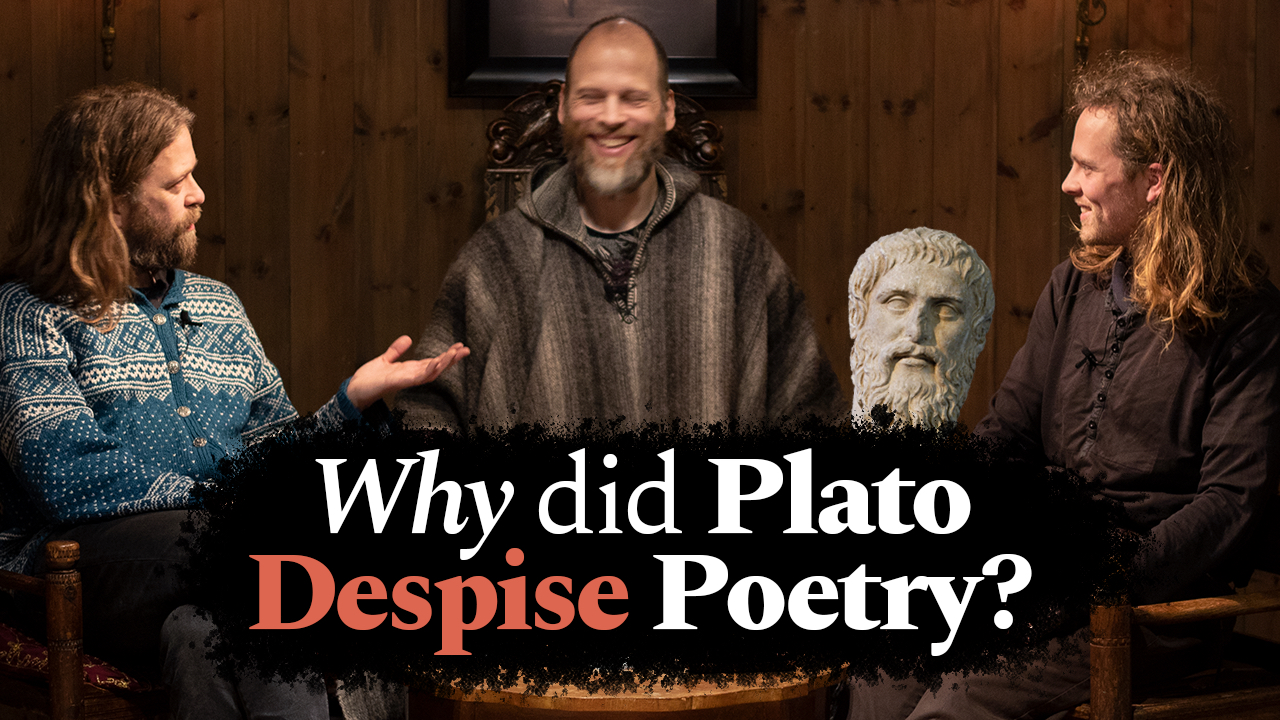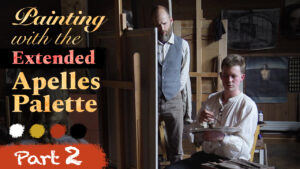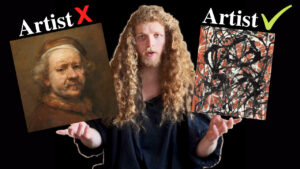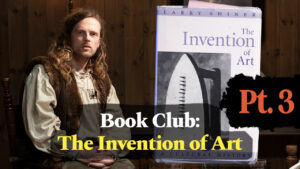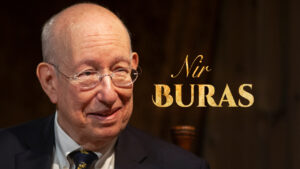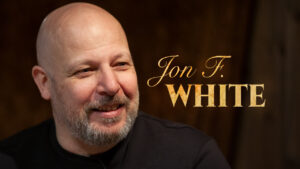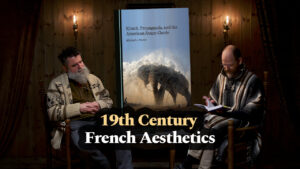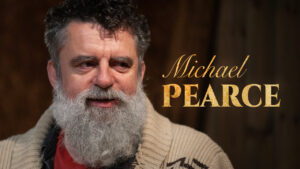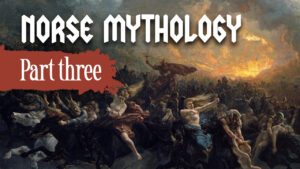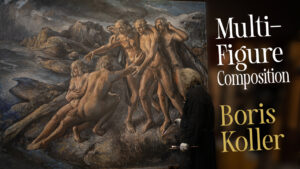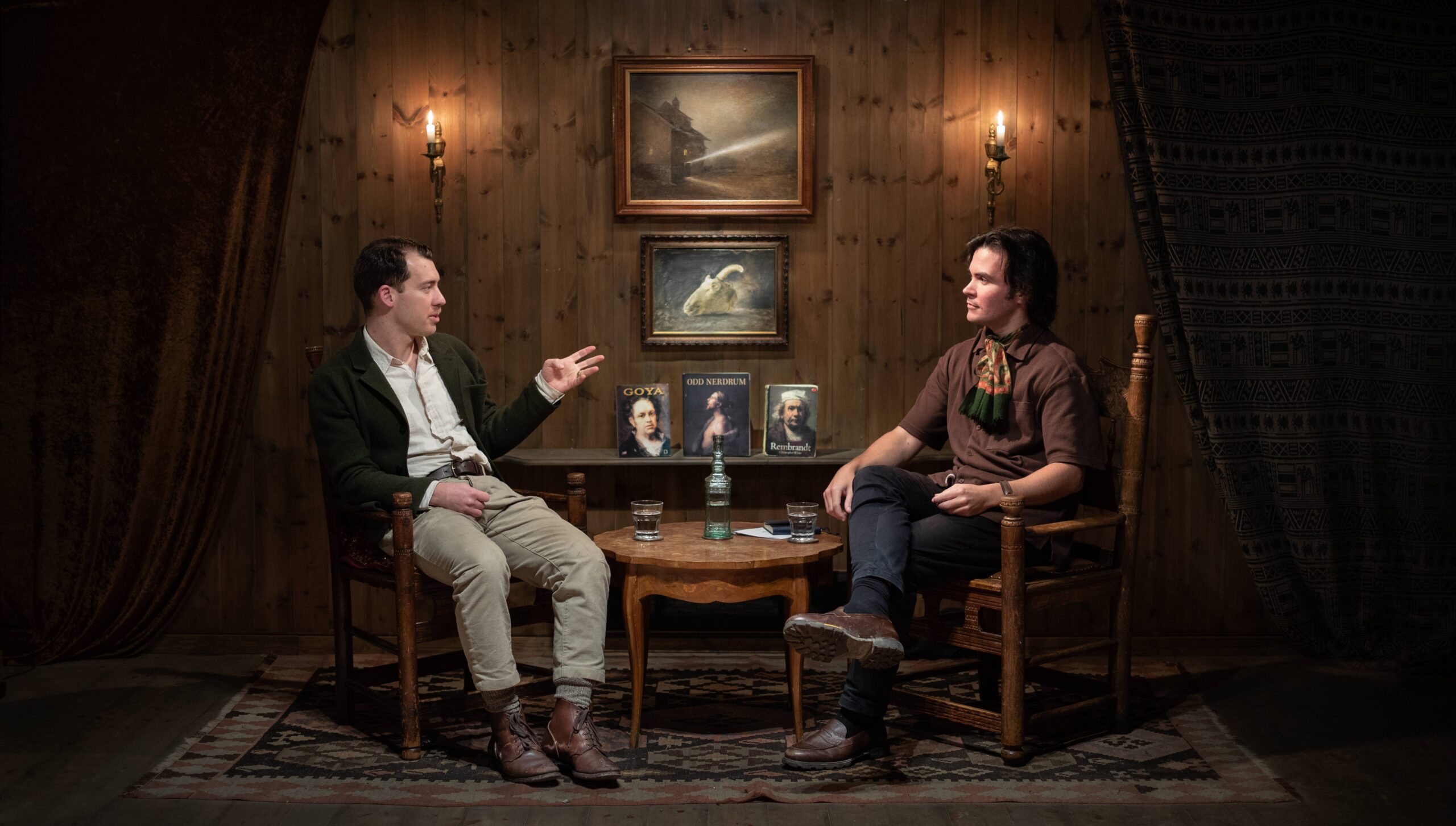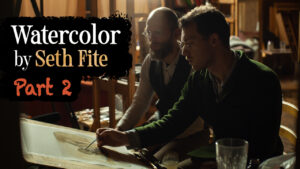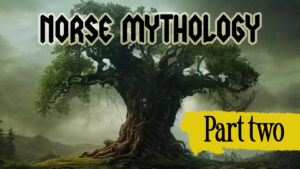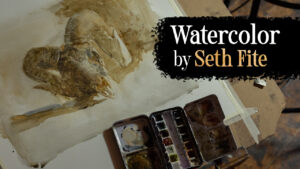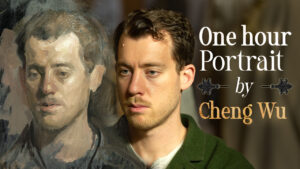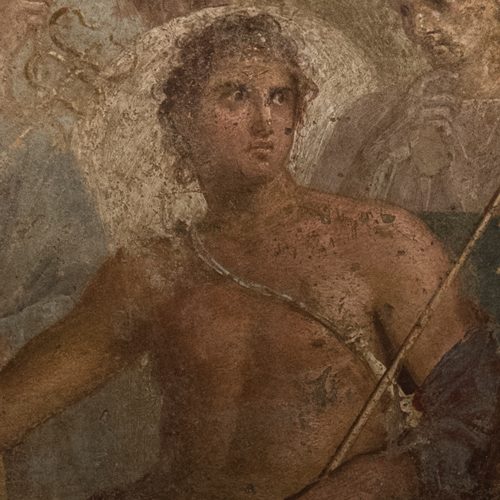We dive into Plato’s dialogues, such as Ion and The Republic to better understand the Greek philosopher’s concept of the ideal forms and why he declaimed that painters, sculptors, and writers were to be banned from his ideal state.
👍✨ Support our show and get access to more than 200 exclusive posts:
https://patreon.com/caveofapelles/
Chapter markers:
00:00 Is life on earth inferior?
03:11 Plato’s “forms”, censorship and the afterlife
08:46 Imitation as morally problematic
12:35 Good painters imitate Platonic forms?
16:58 Serving the state vs “please and instruct”
20:43 Plato’s philosophy — a preparation for death
23:43 Socratic irony as manipulation
26:25 Ion: do not overestimate how much you know
29:27 Ion: empathy made suspicious
33:32 Plato understood literally – and later interpretations
38:45 Plato vs Aristotle on the poet
41:55 Preparation for death
45:01 Capturing the forms or the universal?
52:34 Number of “forms” & steel manning Plato
54:53 “Find God in everything” and near death experiences
56:24 Heraclitus vs Plato
58:39 Great poets make things last
This episode featured Einar Duenger Bøhn, Bork Nerdrum & Jan-Ove Tuv.
Filmed by Öde Nerdrum and Carl August Benneche Klevjer.
Edited by Bork Nerdrum.
The centerpiece was a 19th century reproduction of G. F. Watts’ Hope.
SHOUTOUT to our TOP SPONSORS!
Fergus Ryan
Matthias Proy
Børge Moe
Eivind Josten

